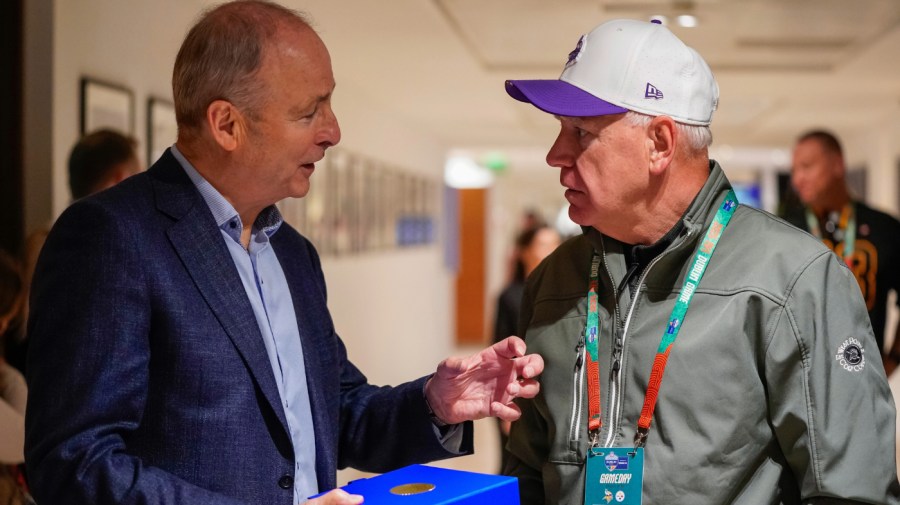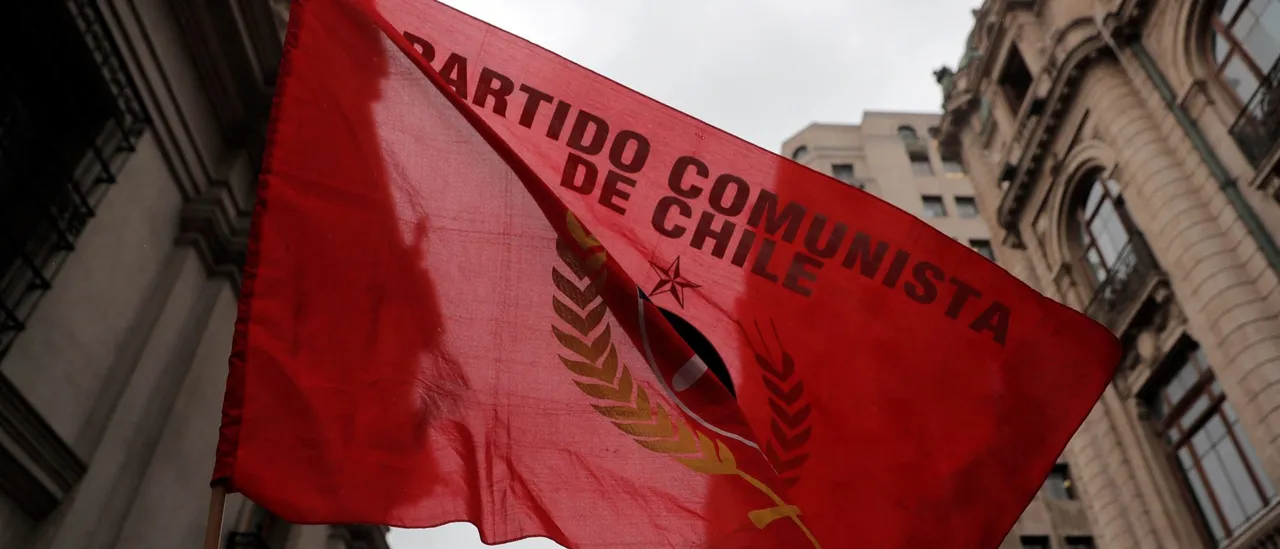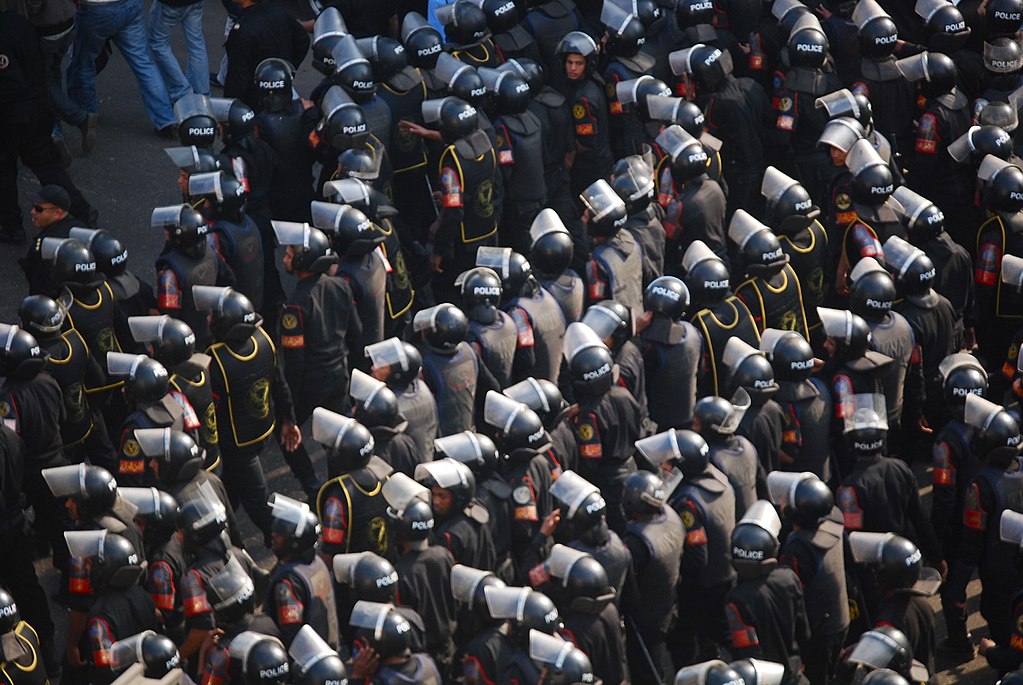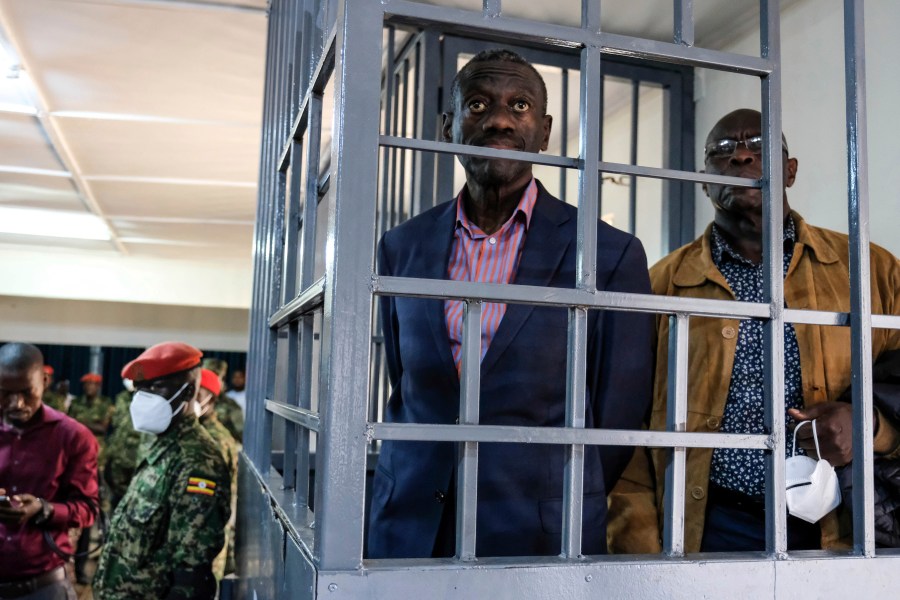The intersection of sports and culture has become a crucial avenue for fostering dialogue during times of diplomatic strain. Recent events highlight how sporting exchanges can serve as a platform for communication and understanding, even amid significant geopolitical tensions.
Connecting Nations Through Sport
In an increasingly polarized world, the role of sports in diplomacy is gaining attention. According to the United Nations, sporting events can promote peace and collaboration, providing a shared experience that transcends political divisions. For instance, the upcoming FIFA World Cup set to take place in Qatar in 2022 is expected to draw global attention, offering nations an opportunity to engage in dialogue beyond the pitch.
Cultural events, such as the International Olympic Committee‘s initiatives, also play a significant role. The Tokyo 2020 Olympics, held in 2021 due to the pandemic, showcased athletes from around the world, emphasizing unity and resilience. Despite the challenges posed by the ongoing health crisis and political disputes, the Olympics provided a moment of relief and celebration for many.
Challenges and Opportunities
While sporting events can foster goodwill, they are not without challenges. The strained relationship between Ukraine and Russia serves as a poignant example. The international sports community has faced dilemmas regarding participation and recognition of athletes from these nations. The United Nations Educational, Scientific and Cultural Organization (UNESCO) has emphasized the importance of dialogue and understanding, urging nations to utilize sports as a means for peace rather than conflict.
Moreover, the recent trend of hosting international sporting events in politically sensitive regions, such as the 2024 Summer Olympics in Paris, has sparked discussions about the implications of such choices. Critics argue that these events can inadvertently legitimize oppressive regimes, while supporters contend that they can open up channels for dialogue and promote positive change.
The upcoming events also bear economic significance. The 2023 FIFA Women’s World Cup, hosted by Australia and New Zealand, is projected to generate over $1 billion in revenue, showcasing the financial impact of international sports. Such economic opportunities can serve as an incentive for nations to engage in peaceful collaboration.
As the world navigates complex geopolitical landscapes, the potential for sports and culture to bridge divides remains a beacon of hope. Engaging in sporting exchanges can create a dialogue that fosters understanding and cooperation, reminding nations of their shared humanity.






